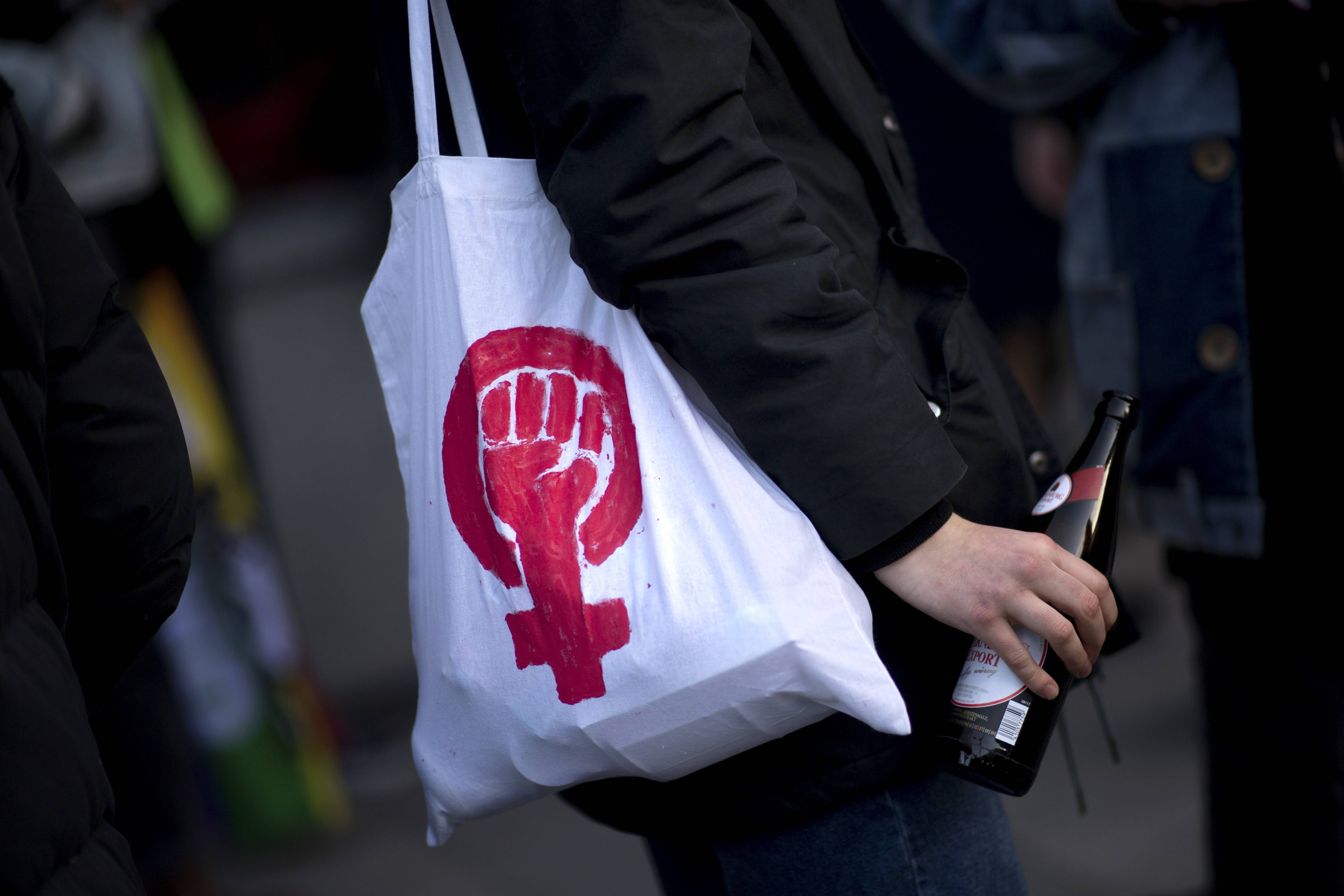Elections 2024: Young men and women growing apart ideologically

In different parts of the world, young men and women are growing apart ideologically. "Generation Z is two generations, not one," wrote John Burn-Murdoch, columnist and data journalist for the Financial Times. It is a development that is happening rapidly, as reported by Knack.
Until a few decades ago, women tended to be more conservative than their male counterparts. In the 1990s, the roles reversed in countries such as Germany and the US, and women began to hold slightly more progressive views than men. This relatively small difference remained constant for a long time, and only in recent years has it become a significant gender gap.
"People are finding it difficult to shake off their political ideas"
Significant ideological differences already exist between men and women in their 20s in South Korea, the US, the UK, Poland and Germany. "The data shows that people are finding it difficult to shake off their political ideas," said Burn-Murdoch.
"All of this is exacerbated by smartphones and social media, which increasingly lead young men and women to inhabit separate spaces and experience separate cultures."
Ruth Dassonneville, assistant professor of political science at the University of Montreal, also found that women are, on average, more left-leaning than men. According to her data, the current young generation is "ideologically different from previous generations".
"We see that the gap is particularly large on social issues but not at all on views on immigration"
Her research over the past few years shows that young men and women are indeed growing apart rapidly. "We see that the gap is particularly large on social issues but not at all on views on immigration," she told Knack.
LGBTQ+ rights
Dassonneville observed that the gender gap is particularly pronounced among the youngest age group, especially on issues such as climate change and, in particular, LGBTQ+ rights. "On this latter social issue, young men are more conservative than any other age group, while young women are the most progressive of all age groups."
According to Ciska Hoet, director of RoSa, a Brussels-based knowledge centre on gender and feminism, there is no simple explanation for this development. But the #MeToo movement may have played a role.
"This movement has made a lot of young men think about their behaviour," she said. "Conversely, there are also a lot of women who feel that it has all gone too far. Therefore, I think that polarisation can never be reduced to one movement or one cause."
"This trend is recent, and I believe it can still be reversed"
"If we want to understand anything about this conservative backlash," said Hoet, "we need to talk to these young men, appeal to their empathy and encourage them. And, of course, break through the digital echo chambers they often inhabit and supplement them with other information. This trend is recent, and I believe it can still be reversed."
© PHOTO IMAGO
Related news

